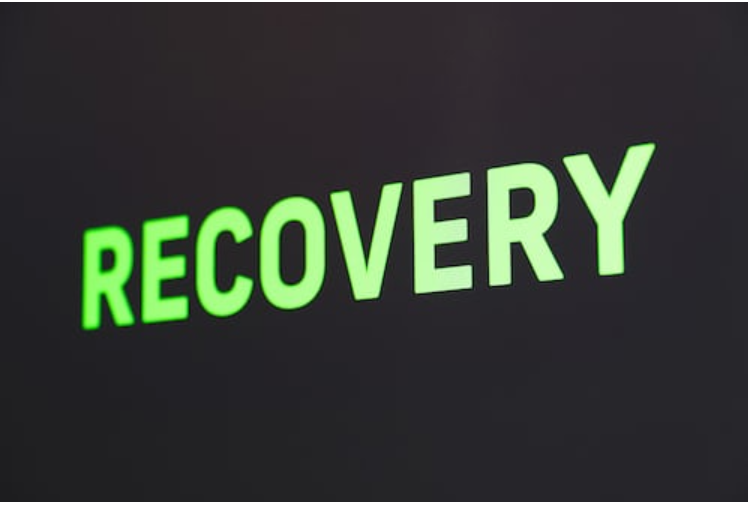Are you looking for a detox center to help you kickstart your journey to a healthier lifestyle? Detox centers provide a safe and supervised environment for individuals to start their recovery from substance abuse and addiction.
Detox centers are typically staffed by medical professionals and counselors specially trained to help individuals manage withdrawals and start on the path to recovery. In a detox center, patients are monitored around the clock to ensure their safety and well-being. They are provided with a wide range of support services to help them through the detox process.
At a detox center, patients can expect to receive medications to help ease withdrawal symptoms and therapy and counseling to help them cope with the emotional and psychological effects of addiction. The staff will also provide education and support to help individuals transition into treatment programs.
Table of Contents
Choosing the right detox center
When choosing a detox center, it is vital to consider the type of services they offer, as well as the credentials of their staff. Ensuring the detox center is adequately accredited and licensed by the relevant state or local government is also essential.
Types of detox centers
Detox centers provide access to medication-assisted treatment and other therapies, such as cognitive behavioral therapy, to help the person manage cravings and withdrawal symptoms. Patients are also offered education and counseling to help them understand the nature of their addiction and how to prevent relapse.
Different detox centres offer different levels of care, so it is worthwhile to research the type of detox center that best meets your needs.
Inpatient detox centers
Inpatient detox centers provide around-the-clock medical supervision and intensive care for severe addictions. They can provide a safe and supportive environment for the person to pass through the detox process with medical professionals. Inpatient detox centers also offer holistic therapies such as nutritional counseling, yoga, and meditation to help individual manage their cravings and cope with withdrawal symptoms. This helps to ensure a successful and safe detox process.
Residential detox centers treat co-occurring disorders like depression, anxiety, or eating disorders. Mental health issues can often be the underlying cause of substance abuse. Treating them concurrently can increase recovery chances. Treatment for co-occurring disorders usually includes medications to manage symptoms and therapy and counseling to help the patient develop healthy coping strategies.
Outpatient detox centers
Outpatient detox centers provide less intensive care than inpatient centers. These programs typically last several weeks and involve regular medical check-ups and counseling sessions. They are designed for people with mild to moderate addictions who can benefit from support and guidance but do not require 24-hour monitoring and care.
Intensive Outpatient Programs (IOPs)
Intensive Outpatient Programs (IOPs) are a form of outpatient rehab which provide more intensive services than regular outpatient programs. They involve more frequent sessions and may require patients to stay at the facility overnight. IOPs are designed for those who need more intensive care and support during detox and recovery. IOPs are often used as a step-down from residential treatment and provide a structured and supportive environment for individuals in early recovery. They also offer access to counseling and other support services to increase the chances of successful recovery.
Partial Hospitalization Programs (PHPs)
Partial Hospitalization Programs (PHPs) are the most intensive outpatient programs and provide the highest level of care outside of a residential setting. PHPs involve longer sessions than IOPs and may involve overnight stays. They provide the highest level of care and support for those who need more intensive treatment during recovery. PHPs focus on providing a wide range of medical, therapeutic, and psychiatric services. Patients can receive the necessary care and support in a structured, safe environment. PHPs can help individuals develop the skills essential to maintain their recovery.
Ongoing Recovery and Post-Rehabilitation Programs
After completing a detox program, moving into a rehabilitation program and ongoing recovery process is crucial. Rehab programs provide an in-depth look at the individual’s addiction and offer therapies and support services to help them develop the skills and strategies to maintain sobriety. Ongoing recovery involves regular visits to support groups, counseling, and other activities to help maintain sobriety and prevent relapse in the long term. It is also vital to create a supportive environment with family and friends. They can provide encouragement and accountability to help the individual stay on the path of recovery.
Conclusion
A detox center can be a significant first step in the recovery process. By providing a safe, supportive environment and a wide range of services and support, detox centers can help individuals start their journey to a healthier lifestyle and a brighter future. Detox centers also provide education and counseling, teaching individuals the skills to maintain sobriety and improve their overall health. Detox centers also offer a sense of community and connection, helping individuals to feel supported and understood in their journey to recovery.

